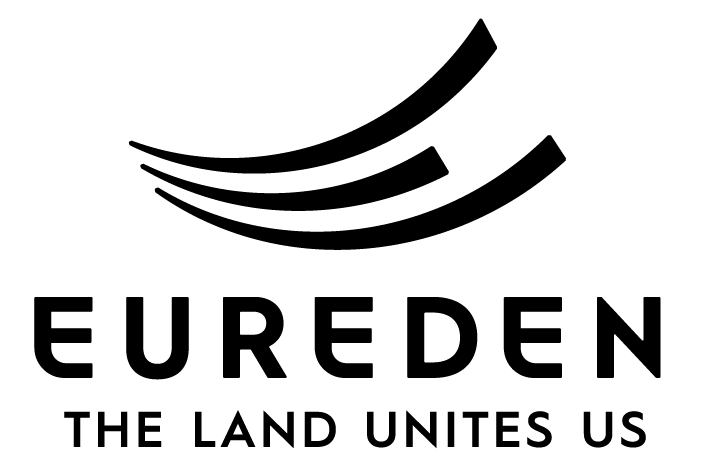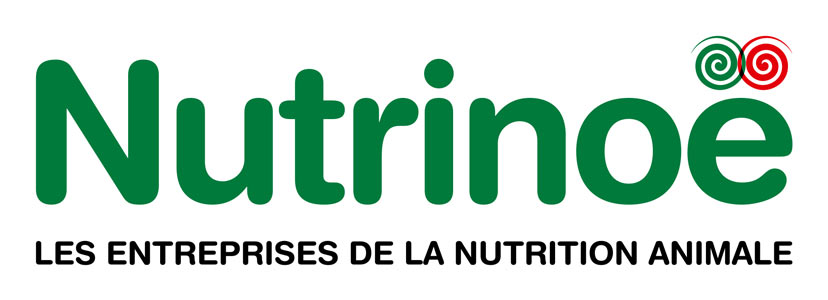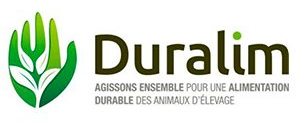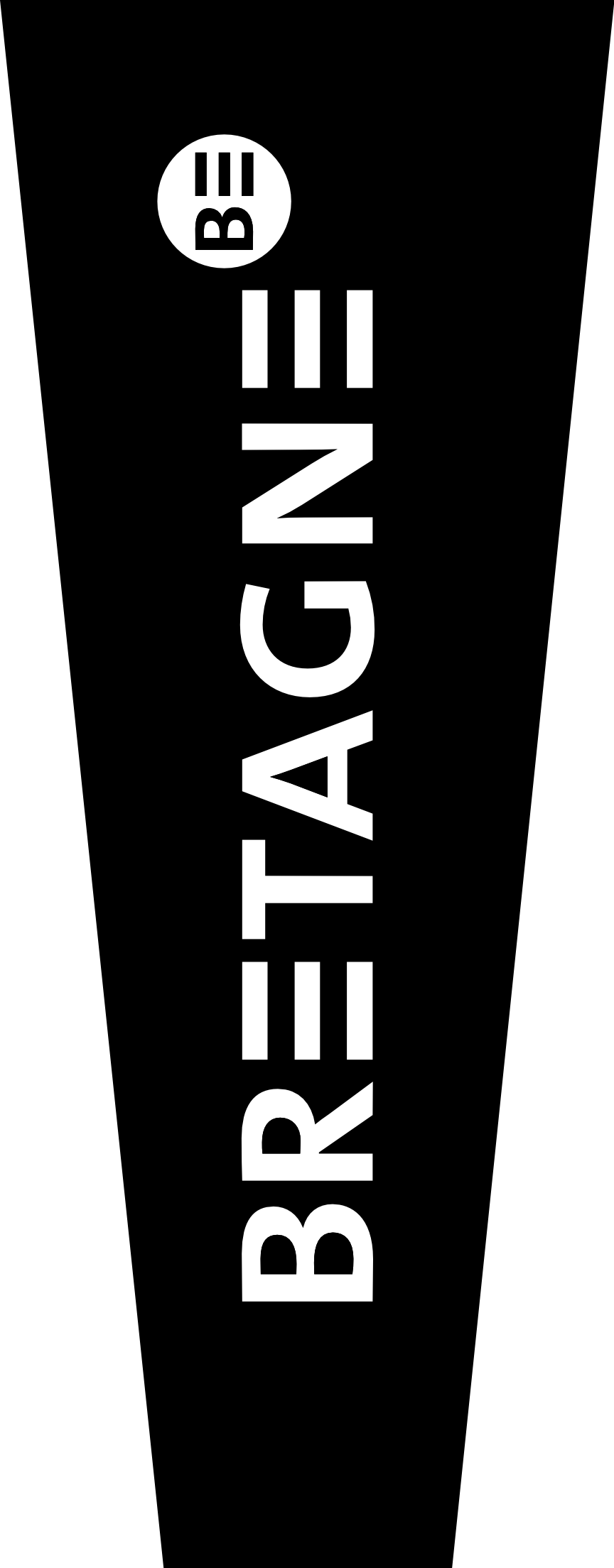

Animal feed
The Eureden co-operative is committed to guaranteeing the technical and economic performance of our farmers and operating on the basis of value chains. Feed for ruminants and monogastrics is a link in the chain which needs to be completely under control in order to respond to the nutritional needs of livestock and to ensure their health and individual performance.
Model farms and innovations
The dietary programmes in place at each of the co-operative’s livestock farms (pigs, cattle, poultry, horses, etc.) are the result of research conducted by animal nutrition experts. Those experts confirm their new formulas and nutritional approaches through trials conducted at Breton model farms, over the short, medium or long term. Our nutrition technicians can then advise our farmers and recommend a diet (standard, organic, GMO*-free, etc.) which is suited to their animals’ needs and their expectations, thanks to Eureden’s industrial and logistics organization and to our many innovations. By way of example, we are strongly committed to reducing the use of antibiotics, as laid down in dietary protocols for each physiological stage. The incorporation of local proteins into animal feed is also a strong motivation which now allows us to offer the Prodici approach (collection of horse beans for a range of food pellets for ruminants).
*GMO : genetically modified organism
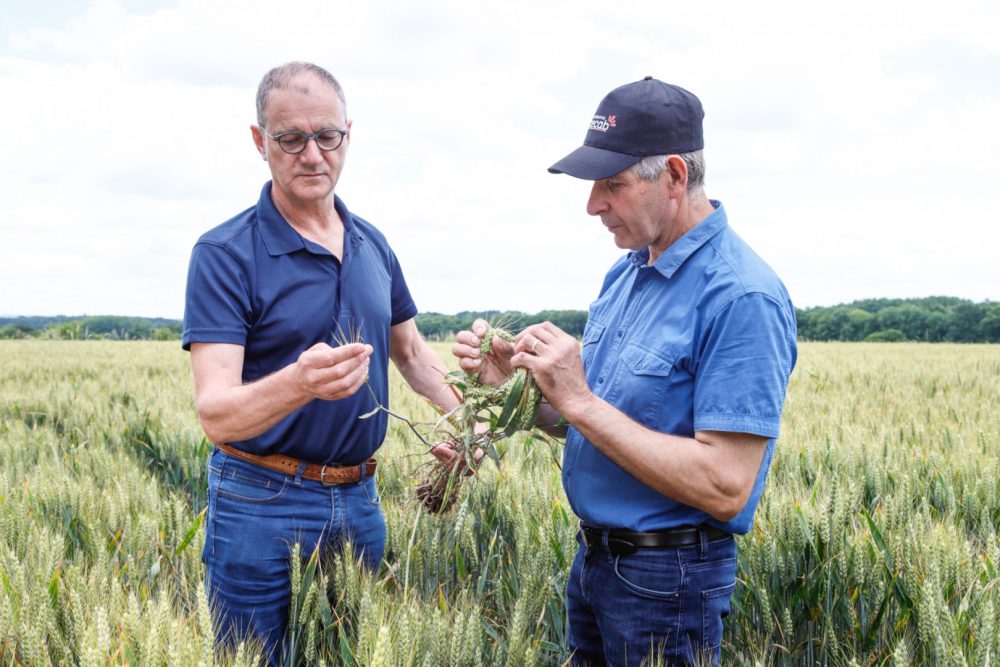
Manufacturing process and traceability of animal feed
As a first step, our subsidiary Cobrena Achats, based in Loperhet (Finistère), carefully selects the raw materials (cereals, vitamins, trace minerals, etc.) which as used to make livestock feed. Most cereals (like wheat, corn and triticale) come from farms that are members of the co-operative.
The feed is then prepared by formulation specialists who ensure the right nutritional balance is maintained for each species and each physiological stage, from a perspective of economic optimization. Our livestock feed plants, which are spread throughout France, are all RCNA certified according to the Good Manufacturing Practice Guide for Compound Feed. Those good practices cover all traceability requirements, the handling of cross-contamination and control over raw materials. In addition, all production sites for feed labelled as “GMO-free” are certified compliant with the OQUALIM STNO (GMO-free Feed Technical Platform).
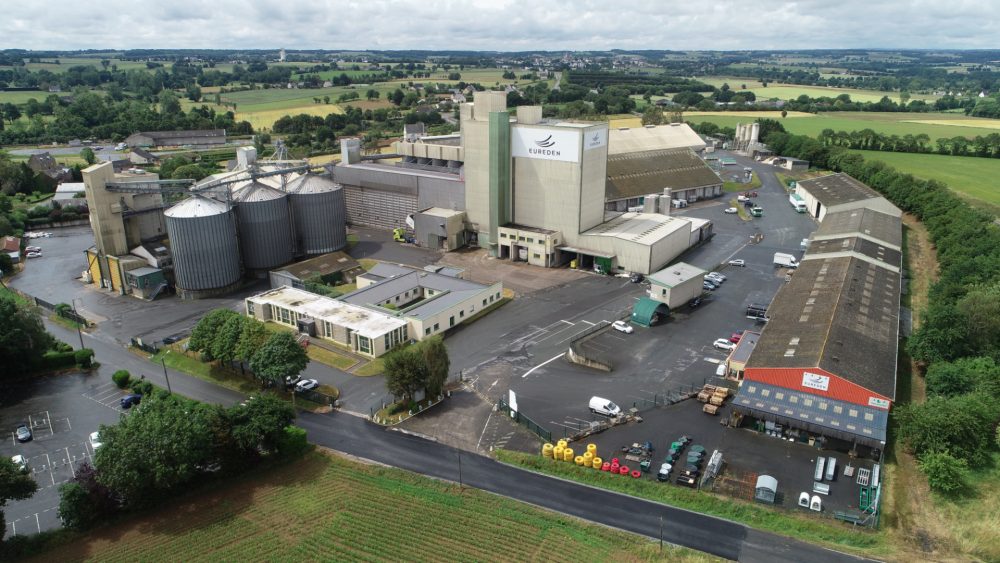
Optimal logistics: Vialim
To ensure the quality of deliveries to our farms, the transporter Vialim has signed a good practices charter.
As a complement to Qualimat Transport certification, this charter sets out specific commitments, namely pertaining to the following points: delivery safety, driver training on equipment and feed handling, systematic purges between each delivery, full traceability from factory to farm storage silos.
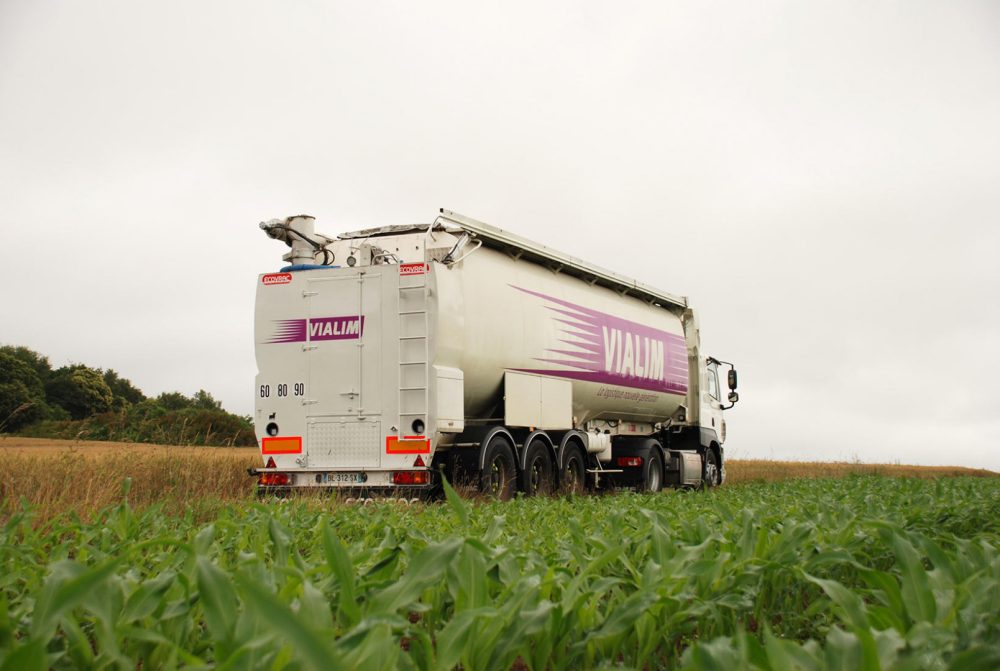
Sustainable feed
As a major actor in the world of animal nutrition in Brittany, we are members of the association Nutrinoë, which brings together all of the region’s animal nutrition skills in the service of responsible, sustainable agriculture and a healthy human diet. We are also involved in Duralim, the first collaborative French platform for sustainable livestock feed.
From soil management to consumer goods, our daily work lives are governed by safety, rigour and traceability. Quality diets for the animals, respect for animal welfare and the expertise of our farmers all combine to make delicious, healthy products which are in line with the different specifications and good practices charters (organic, labelled, standard, etc.).
